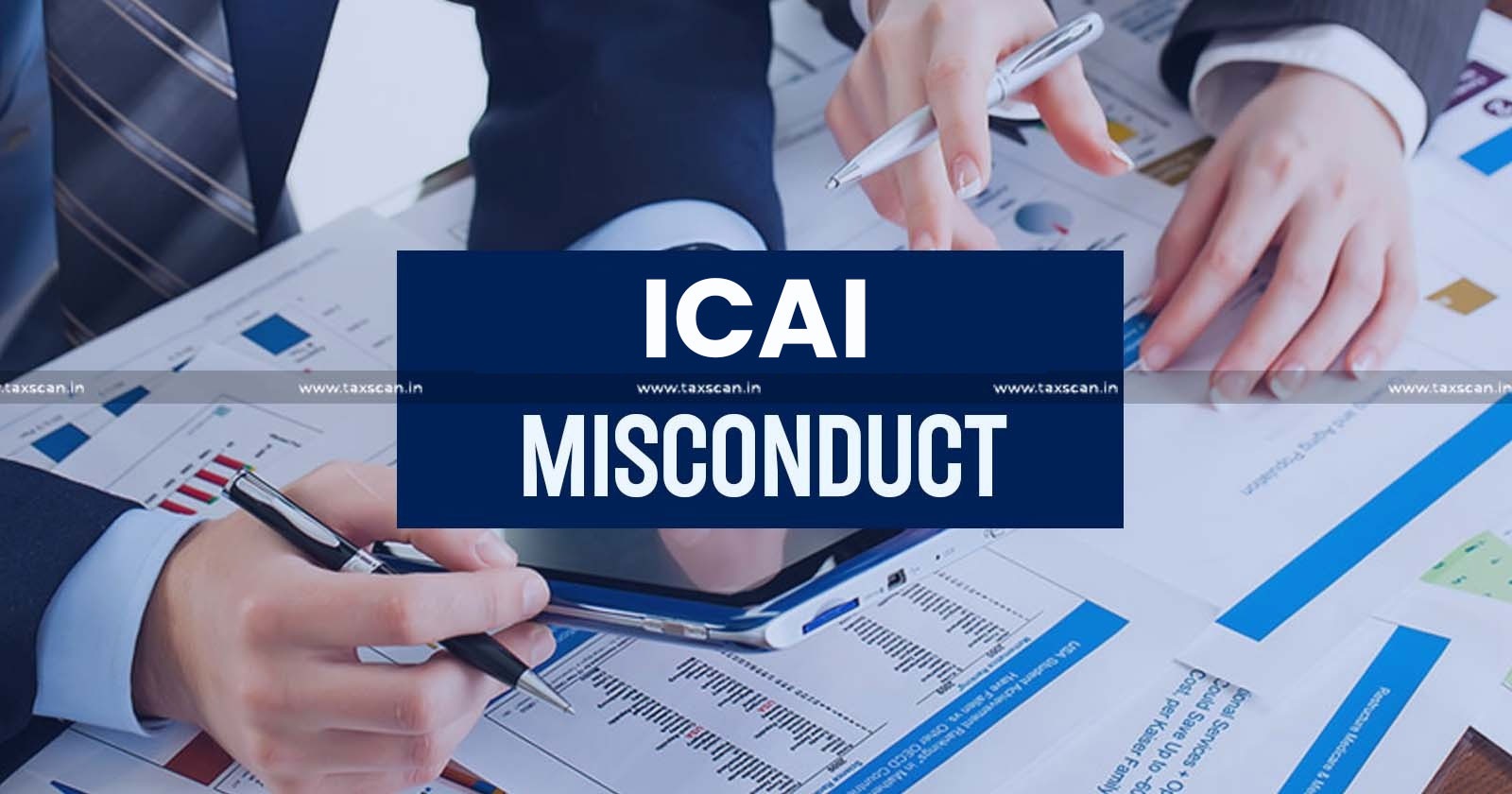S.P. Kurdukar, J.@mdashThe State of Maharashtra has filed this appeal challenging the order of acquittal passed against the accused by the Judicial Magistrate, Sindkheda in Criminal Case No. 304 of 1974.
2. The prosecution case may be summarised as follows :
3. The complainant, Khirkar, Food Inspector, visited the shop of the accused on November 23, 1973 at Dondaicha. Respondent No. 3 original accused No. 4 (hereinafter referred to accused No. 4) was present in the shop. The complainant in the presence of the panchas purchased 450 grams of Elaichi Dana after giving intimation to the accused that he wanted it for the purpose of analysis. The other accused persons are the partners of the firm, M/s Narayan Jankilal Co. It is alleged by the prosecution that the complainant divided the sample in three equal parts and after following the necessary procedure sent one of the packets to the Public Analyst for necessary report. After the receipt of the report he obtained necessary sanction from the Assistant Commissioner of Food and Drugs and thereafter filed the present complaint against the accused persons u/s 7 read with section 16 and section 17 of the Prevention of Food Adulteration Act.
4. The defence of the accused is of total denial. The defence of accused Nos. 1 to 3 is that although they are the partners of the firm, but they are merely dormant partners in that shop. The defence of accused No. 4 is that he has not committed any offence. His defence is that he has purchased Elaichi Dana from Jayantilal & Co under a warrantee and, therefore, he is protected and cannot be convicted under any of the provisions of the Prevention of Food Adulteration Act.
5. The prosecution in support of its case mainly relied upon the evidence of the Food inspector, Khairkar, panch witnesses in whose presence the Elaichi Dana was purchased and packets were sealed and sent to the Public Analyst. It appears that on the very same day the complainant has collected several samples from various shops and it is admitted by him in his cross-examination that he sent all the samples along with the present sample by railway parcel to the Public Analyst. He further admitted that he has not got any proof to show that he sent the same by railway parcel. He further stated that there is a register showing specification of samples sent in the parcel. His further admission shows that he does not remember which samples were sent in which parcel. Other specimen of impression and Form No. 7 were also sent by separate registered post along with the present one. He however, could not say which specimen impression of seals and Form No. 7 were sent by separate registered post. Having regard to this evidence, the learned Magistrate observed that the Food Inspector committed a breach of Rule 18 of the Prevention of Food Adulteration Rules, 1955 (hereinafter referred to as the said Rules). From this evidence it is clear to my mind that the Food Inspector ought to have sent the memorandum and the specimen impression of seal separately to the Public Analyst as required under Rules 17 and 18 of the said Rules. This Court has consistently taken a view that the provisions of Rules 17 and 18 are mandatory and non-compliance of the same would vitiate the trial. Mr. Gangakhedkar the learned Public Prosecutor appearing for the State could not point out to me from the record that the Food Inspector has complied with the provisions of Rules 17 and 18 of the said Rules. Thus, in my opinion, this finding alone is sufficient to hold that the prosecution has failed to establish the compliance of Rules 17 and 18 of the said Rules which are mandatory. In view of this finding I do not think it necessary to go into other arguments advanced before me by the learned Counsel.
6. In the result, appeal fails and is dismissed. Bail bonds stand cancelled.

